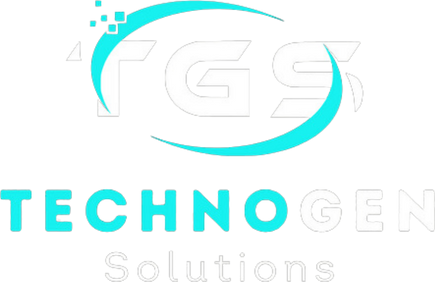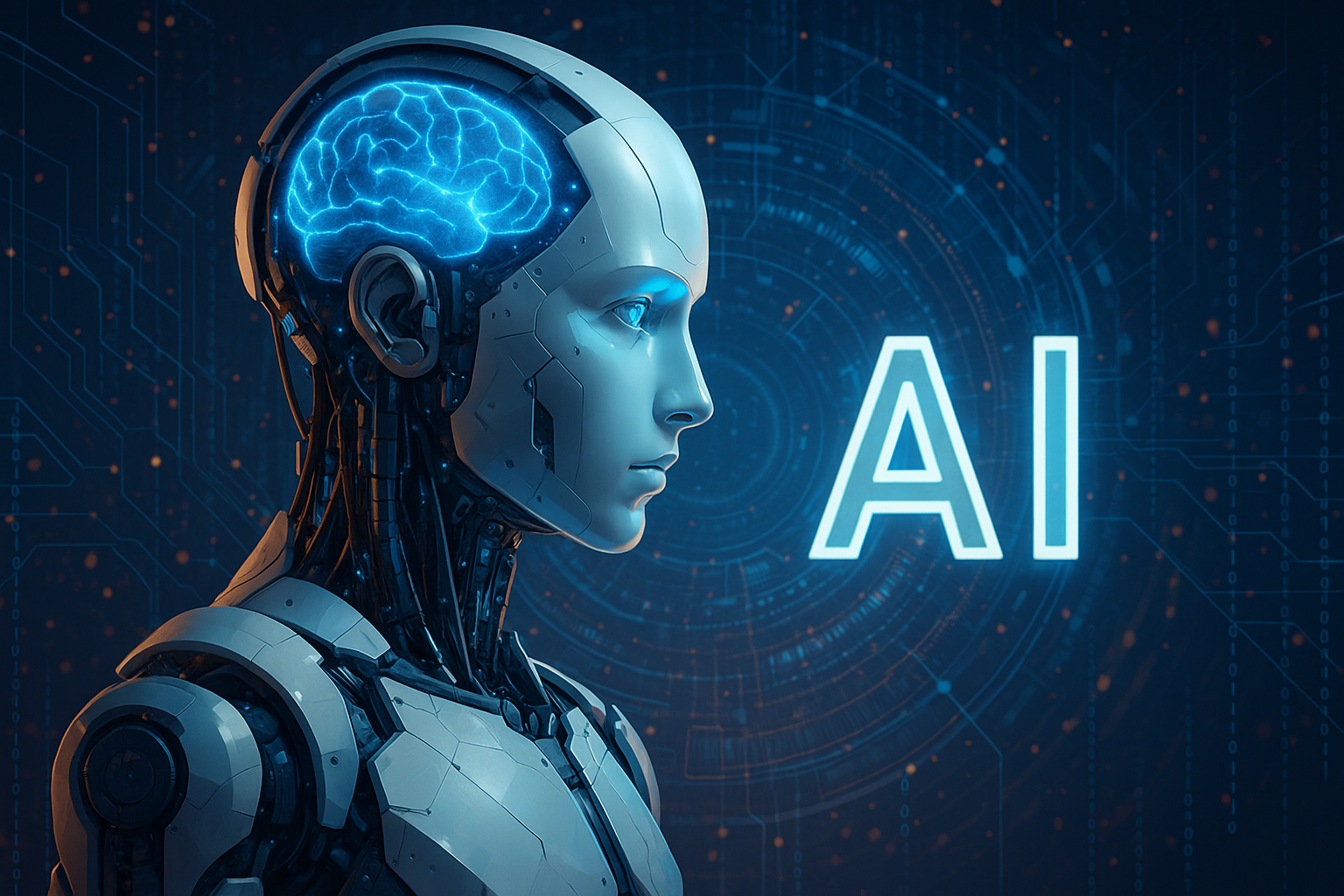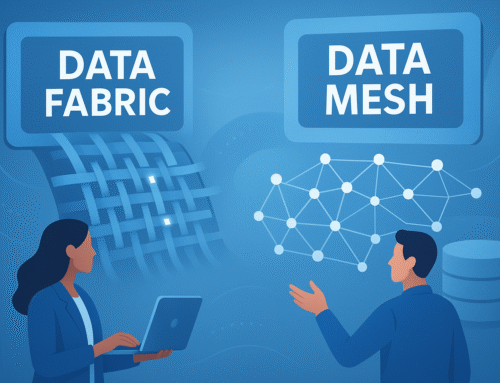The world of Artificial Intelligence (AI) is moving faster than ever. On July 8, 2025, the AI industry witnessed a surge of innovations, regulatory shifts, and heated global debates. From AGI advancements to AI governance and robotic autonomy, today’s updates could shape the trajectory of humanity’s digital evolution.
New AGI Breakthrough: Project Helix from DeepIntellect
A Leap Toward Artificial General Intelligence
One of the most groundbreaking announcements came from DeepIntellect Labs, which unveiled Project Helix, a revolutionary framework claimed to demonstrate AGI-level cognitive flexibility. Unlike traditional AI models bound to narrow tasks, Helix showcases capabilities across:
-
Real-time multi-language comprehension
-
Logical reasoning with abstract context
-
Autonomous learning without prompt tuning
This has reignited debates about AI consciousness, machine ethics, and the potential risks of general-purpose intelligence systems with self-directed learning algorithms.
OpenAI & Meta Collaborate on “Universal AI Language”
Introducing OpenMetaCode: An Open Language for AI Interoperability
In an unexpected move, OpenAI and Meta AI jointly announced OpenMetaCode, a universal programming language designed for AI models to communicate, transfer knowledge, and collaborate across ecosystems. This aims to:
-
Standardize AI communication
-
Enhance cross-model training
-
Reduce redundant AI development
Industry insiders believe this could be a major step toward AI standardization, akin to the HTTP protocol for the internet.
The Rise of Autonomous Agents in Real-World Applications
Humanoid Robots Granted Partial Autonomy in Japan
Japan’s Ministry of Technology has officially approved partial operational autonomy for humanoid robots in logistics and elderly care. These robots, equipped with next-gen perception modules, are now allowed to:
-
Navigate public streets
-
Interact with humans without manual overrides
-
Learn from environmental feedback
Critics warn that partial autonomy is a slippery slope to full independence, prompting fresh calls for global ethical standards.
AI Regulation Tightens in Europe: The Digital Ethics Mandate
EU Enforces AI Transparency Act Starting Today
Effective July 8, 2025, the European Union enforces the AI Transparency & Accountability Mandate, requiring:
-
Full disclosure of AI-generated content
-
Explainability protocols in high-impact models
-
User consent for AI decision systems
Violations may lead to €20M fines or 4% of global turnover, whichever is higher. Tech giants like Amazon, Google, and Baidu have already issued compliance statements.
Controversial Release: BlackBox AI 2.0 by NeuralX
Military-Capable AI Sparks Global Alarm
NeuralX, a US-based private defense contractor, released BlackBox AI 2.0, marketed as a battlefield decision-making assistant. It includes:
-
Autonomous threat detection
-
Real-time combat response simulations
-
Enemy trajectory prediction
Civil liberties groups have condemned the move, labeling it a “digital war crime waiting to happen.” The UN Security Council has scheduled an emergency session to address the issue.
Google DeepMind Launches BioMind: AI for DNA Editing
Gene Prediction at Sub-Atomic Precision
DeepMind unveiled BioMind, an AI capable of predicting genomic mutations and proposing editing sequences for diseases like ALS, Parkinson’s, and rare genetic disorders. Key features include:
-
Sub-atomic visualization of gene behavior
-
Predictive modeling for mutation effects
-
Customizable CRISPR roadmap generation
This has prompted both medical optimism and bioethical alarm, with calls for international oversight.
AI in Finance: Wall Street Embraces Sentiment Neural Trading
NeuroTrade AI Dominates the Market
Morgan Stanley introduced NeuroTrade AI, an LLM-powered platform analyzing global sentiment data, news feeds, and public emotions to make investment decisions. Since its test phase:
-
82% portfolio growth in 3 months
-
Outperformed top hedge fund managers
-
Now managing over $300 billion
Regulators are worried this could create market manipulation risks, as emotional data becomes a trading commodity.
AI & Hollywood: Digital Actors Win Legal Rights
Synthetic Humans Now Have Copyrights
A California court ruled that digitally generated actors, such as AI character “Kara Voss” from the blockbuster Quantum Reign, can hold legal copyrights and receive royalties. This landmark decision:
-
Opens the door for AI avatars to own intellectual property
-
Raises questions about digital identity and actor unions
-
Challenges traditional definitions of authorship
Screenwriters and actors’ guilds are preparing for negotiations that could redefine labor in entertainment.
Education Revolution: AI Classrooms with Adaptive Curriculum Engines
UNESCO Approves AI-Centric Learning Pilot Programs
Starting this fall, 10 countries will deploy AI-driven adaptive curriculum engines in public schools. These systems:
-
Tailor lessons based on each student’s emotional state
-
Provide instant feedback on comprehension
-
Optimize teaching pace in real-time
Initial pilot testing showed a 43% improvement in student retention and a 78% engagement increase. However, experts caution against algorithmic biases and overreliance on machine-driven learning paths.
What This Means for the Future of Humanity
The AI news from July 8, 2025, paints a clear picture: we are now in the age of techno-human convergence. The lines between organic and synthetic cognition, digital and physical labor, and real vs. virtual identity are rapidly blurring.
Key Takeaways:
-
AGI is no longer a distant goal — it’s being prototyped now.
-
AI regulation is ramping up fast, especially in Europe.
-
Autonomous systems are being deployed in real-life settings, from finance to healthcare to warfare.
-
The ethical, legal, and philosophical frameworks surrounding AI are struggling to keep up with the technology.
Conclusion: The World Is Watching AI’s Next Moves
The AI industry has become a force that no nation, sector, or ideology can ignore. As governments race to regulate, developers push boundaries, and civil society demands accountability, the future will depend on how we shape — and are shaped by — these technologies.
The world’s next defining moments will likely involve not just humans, but machines thinking beside us.



Leave A Comment